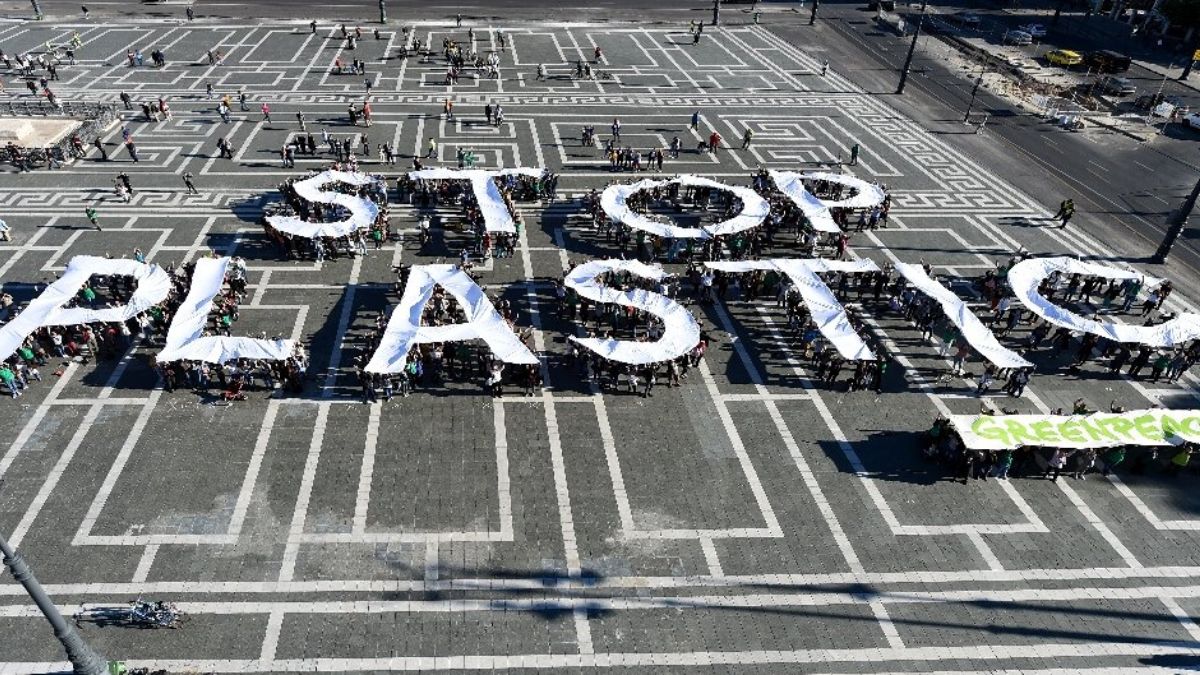Experts from around the world have gathered in Bangkok to prepare for the critical negotiations on the first-ever legally binding treaty aimed at tackling plastic pollution.
This upcoming treaty is seen as a historic opportunity to address the alarming scale of plastic pollution, which has grown exponentially in recent decades. According to the Organisation for Economic Cooperation and Development (OECD), global plastic production has doubled over the past 20 years and could triple by 2060 if current trends persist.
Microplastics, the tiny particles resulting from the breakdown of larger plastics, have been discovered in the most remote parts of the Earth, from the deepest ocean trenches to human breastmilk.
Some nations, backed by environmental groups, are advocating for production caps and more stringent regulations on certain plastic products and chemicals. This position is supported by a coalition of countries known as the “high ambition coalition,” which has recently been bolstered by the United States’ reported backing of some production limits.
On the other side, the global chemical industry, represented by groups like the International Council of Chemical Associations, opposes these production caps. They argue that plastics are essential for achieving global sustainable development goals, citing their role in renewable energy and food preservation. Industry leaders also warn that restricting plastic production could threaten jobs and economic stability.
In Bangkok, experts are tackling two primary challenges: securing financing for implementing the treaty’s provisions and identifying specific plastics and chemicals that could be banned or reduced. Despite the remaining hurdles, many involved in the talks remain cautiously optimistic that a robust and enforceable agreement can be reached by the year’s end.

